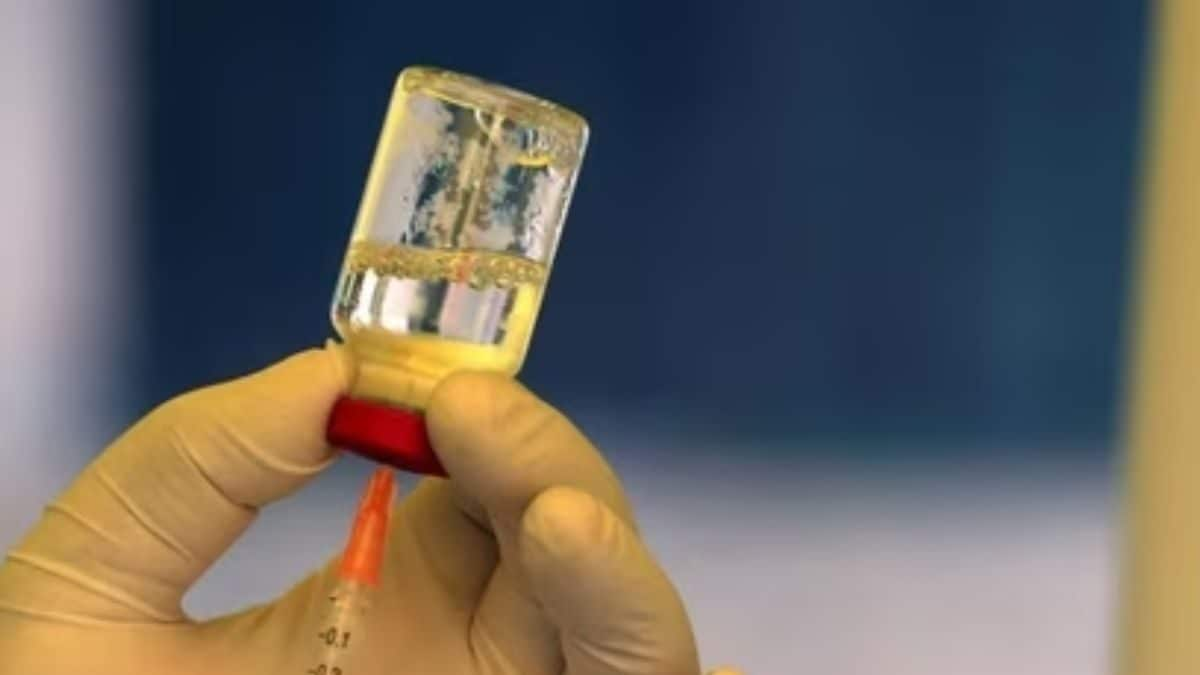Last Updated:
While HMPV can affect individuals of all ages, the impact is particularly pronounced in young children and the elderly
First identified in 2001, HMPV has since become one of the leading causes of respiratory tract infections (RTIs) globally
Human Metapneumovirus (HMPV) is a highly contagious respiratory virus that predominantly affects children, the elderly, and individuals with weakened immune systems. First identified in 2001, HMPV has since become one of the leading causes of respiratory tract infections (RTIs) globally. It spreads through respiratory droplets, direct contact, and contaminated surfaces. Dr. Tushar Tayal, Consultant, Internal Medicine, CK Birla Hospital, Gurugram shares all you need to know
Impact on Children
In children, especially infants and toddlers under five years old, HMPV is a significant cause of bronchiolitis, pneumonia, and upper respiratory infections, including the common cold. The developing immune systems of young children make them more susceptible to severe illness. Symptoms commonly include fever, cough, wheezing, nasal congestion, and difficulty breathing. In more severe cases, hospitalization may be required, particularly for premature infants or those with pre-existing health conditions like asthma or congenital heart disease. The clinical presentation of HMPV often overlaps with other respiratory viruses, such as RSV or influenza, which can make diagnosis and treatment more challenging.
Impact on the Elderly
For older adults, HMPV poses a serious threat due to age-related immune system decline and the presence of chronic conditions like chronic obstructive pulmonary disease (COPD), heart disease, or diabetes. Symptoms in the elderly are often more severe, and the infection can lead to complications such as bacterial superinfections or respiratory failure. Additionally, HMPV can exacerbate existing health issues, increasing the risk of hospitalization and death. As a result, the elderly population faces higher morbidity and mortality rates associated with the virus.
Management and Prevention
Currently, there is no specific antiviral treatment or vaccine for HMPV. Treatment is largely supportive, focusing on hydration, oxygen therapy, and mechanical ventilation for severe cases. Preventative measures are essential to reduce the spread of the virus. These include practicing good hand hygiene, avoiding crowded places during outbreaks, and wearing masks when necessary.
In summary, while HMPV can affect individuals of all ages, the impact is particularly pronounced in young children and the elderly, where it can lead to serious health complications. Effective management relies on supportive care, and preventive measures remain the most effective strategy to minimize transmission and reduce the risk of severe illness.




